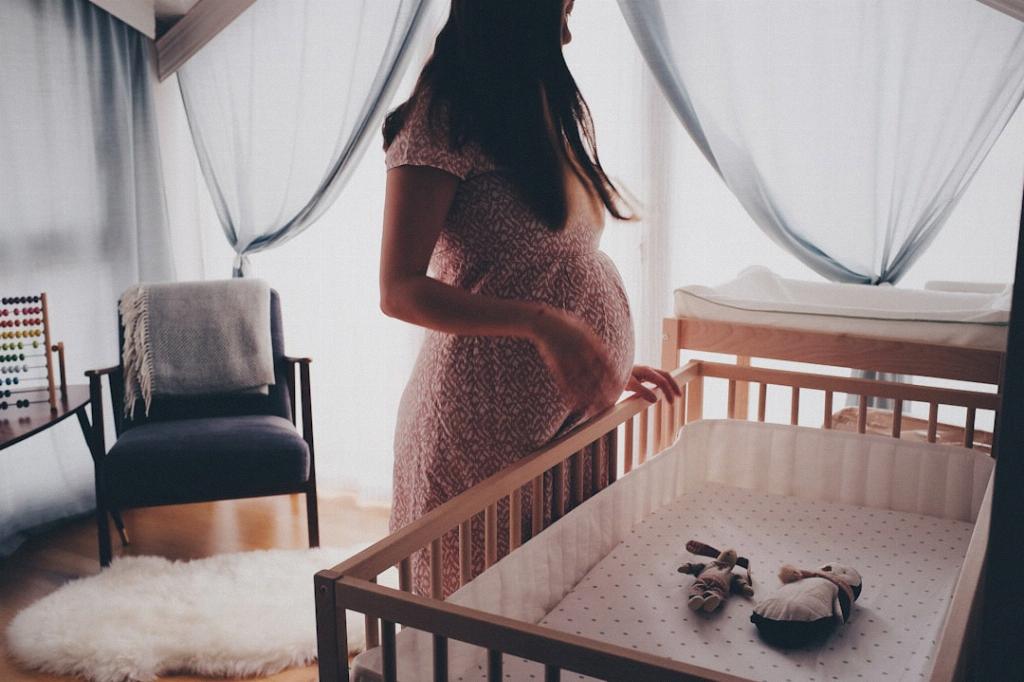When it comes to pregnancy, one of the crucial factors that can impact the process is the age of the mother. There is a term that has gained prominence in the realm of obstetrics – AMA or Advanced Maternal Age. But what exactly defines AMA when it comes to pregnancy?
Typically, AMA refers to maternal age above 35 years. This age has been considered significant due to the potential risks and challenges that can arise during pregnancy and childbirth in older mothers. However, it’s important to note that this age threshold is not set in stone and can vary depending on various factors.
As maternal age goes beyond 40 years, it enters the realm of Very Advanced Maternal Age (VAMA). Women in this age group may face additional complexities and considerations during their pregnancy journey. The risks associated with VAMA often include increased chances of pregnancy complications such as gestational diabetes, hypertension, and chromosomal abnormalities in the fetus.
For those who surpass the age of 45, they fall into the category of Very Late Maternal Age/Extremely Advanced Maternal Age (EAMA). Pregnancy at this stage can bring about a unique set of challenges and concerns, and it may necessitate more frequent monitoring and specialized care to ensure the well-being of both the mother and the baby.
It’s crucial for women in AMA categories to be aware of the potential risks and complications that may arise during pregnancy. Advanced maternal age can impact fertility, increase the chances of miscarriage, and raise the likelihood of chromosomal abnormalities in the fetus, such as Down syndrome.
Medical professionals recommend that women considering pregnancy later in life should have thorough discussions with their healthcare providers to understand the implications and make informed decisions. Prenatal genetic testing and additional screenings may be recommended for women in AMA categories to assess the health of the fetus and address any potential concerns.
Despite the potential challenges associated with AMA pregnancies, it’s important to remember that many women in these age brackets go on to have healthy pregnancies and deliver healthy babies. Proper prenatal care, a healthy lifestyle, and regular medical check-ups can significantly contribute to a positive pregnancy experience for older mothers.
Each woman’s pregnancy journey is unique, and factors beyond age, such as overall health, lifestyle choices, and genetic predispositions, can play a significant role in determining pregnancy outcomes. While AMA pregnancies may require additional monitoring and care, many older mothers successfully navigate the process and welcome their little ones into the world with joy.
Ultimately, AMA is a term that serves as a guidepost for healthcare providers and expecting mothers to be vigilant about potential risks and take proactive steps to ensure a safe and healthy pregnancy. By staying informed, seeking appropriate medical guidance, and prioritizing self-care, women in AMA categories can embark on their pregnancy journey with confidence and optimism.

